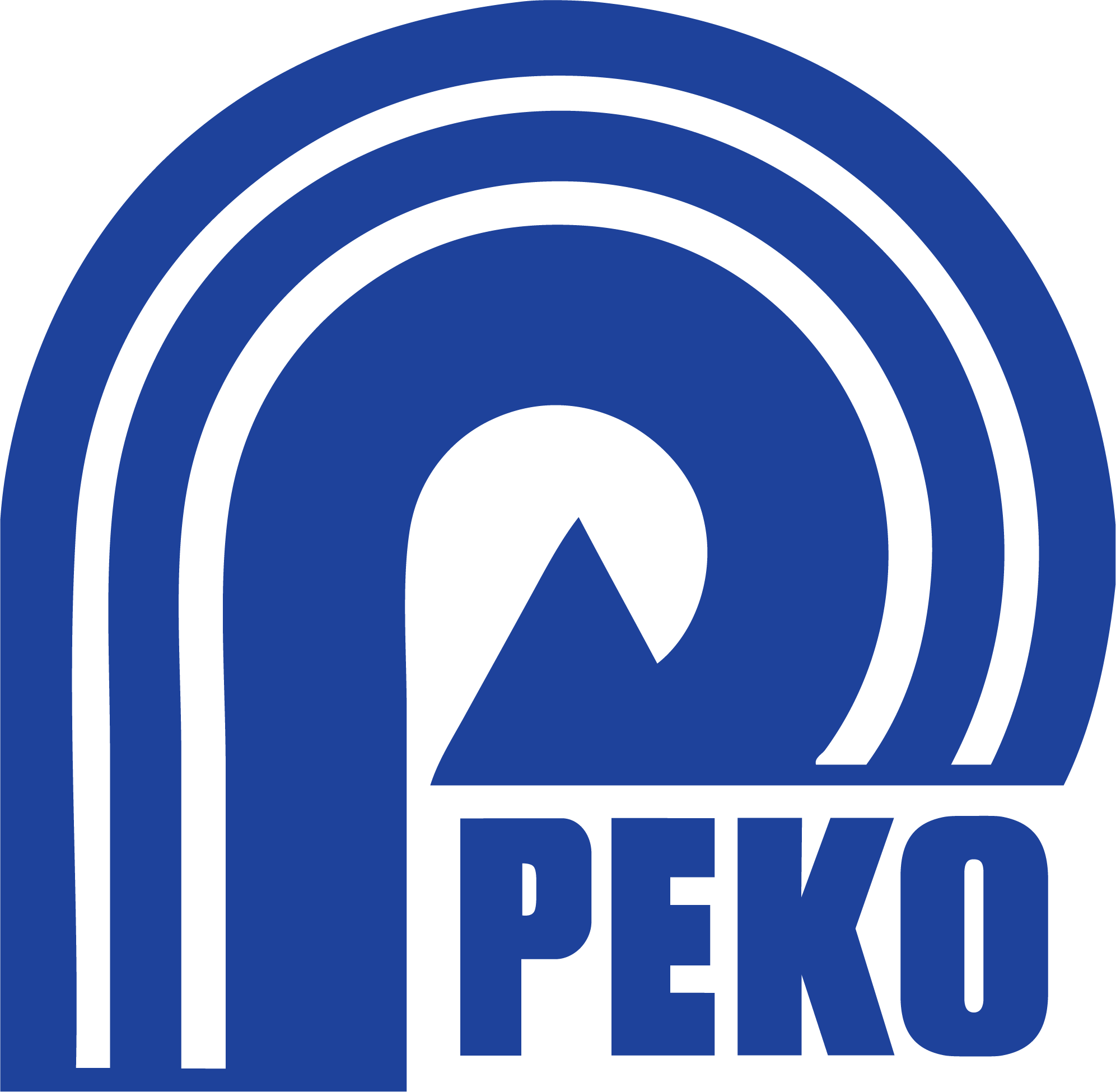One of the most exciting stages of a company’s development is launching a product to the market. But what if you lack the manufacturing capabilities, resources or space in-house to bring your idea to market? In this article, we’ll break down how to manufacture a new product by outsourcing your manufacturing to a third-party organization–a contract manufacturer. So–what exactly can you expect when working with a contract manufacturing company?
What is Contract Manufacturing? Do They Know How to Manufacture a New Product?
When going from the product development stage to full-rate production, most companies lack the know-how or material resources to manufacture new products. To be fair, there’s a lot involved, from ordering parts and managing processes to running a full-functioning manufacturing plant. That’s why a lot of startups and small companies – even some large businesses – opt to outsource their manufacturing, rather than handling it themselves. Contract manufacturers have the experience, skill sets and infrastructure to manufacture goods for other companies in an optimized production environment.
The Benefits of Outsourcing to a Contract Manufacturing Company
No matter what type of business you have or how complex your product, partnering with a contract manufacturing company can be beneficial to companies in the following ways:
- You can save on production costs. Rather than purchase specialized machinery and equipment, outsourcing allows you to manufacture your product without investing a lot of capital. You’ll also save on other expenses like labor and energy costs.
- Your quality may improve. In addition to manufacturing your product as designed, contract manufacturers also have advanced tools and technical knowledge and expertise, often beginning at the design stage, that can help you improve the quality of your final product.
- You’ll have time to focus on more strategic activities. By outsourcing manufacturing, you and your team can spend more time on marketing and selling your product and other core competencies like developing your next new product.
- Manufacturing time will be reduced. Because of the greater operational efficiency a contract manufacturer has, you’ll likely realize faster production processes and reduced overall manufacturing time. Which, in turn, can translate into faster time to market.
- You’ll free up space. Rather than designating a significant amount of usable space for manufacturing, by moving the process offsite, you’ll be able to take advantage of that available space for other purposes.
- Meeting changing market demands is easier. With contract manufacturing, you can quickly pivot to meet market demands. For example, when demand is higher, the manufacturer can increase production capacity without having to invest more.
- You’ll benefit from the manufacturer’s relationships. Depending on your plans, a contract manufacturer may help you improve supply chain management and distribution because of the company’s existing relationships. This can free you up from worrying about some of the logistics involved with production.
How to Choose the Right Contract Manufacturer for Your Needs
The good news is that you have a lot of options when it comes to finding a contract manufacturing partner. But that also can pose some challenges since it can be hard to narrow down your list. It may be helpful to download our checklist on what to look for when comparing contact manufacturing companies.
Some of the factors you’ll want to consider as you look for a high-quality partner to meet your needs include:
- Industry Certifications: If you’re in a specific industry like medical devices or military and defense, you’ll want to make sure the manufacturer has the required certifications.
- Security: Your intellectual property is your livelihood, so you want to make sure it’s protected. Ask about a company’s secured assembly areas, cybersecurity protocols, and other precautions it takes to protect your IP.
- Customer Service: Find out if you’ll be assigned a designated point of contact for the duration of your project since that can help ensure simple communications, saving you time and energy.
- Experience: Ask for details on recent development projects in your specific industry. In particular, be sure to ask about the expertise of the technicians that will be working on your product to assess their skill level.
- Other Services: In addition to manufacturing, you may require additional assistance, and it can be useful to have a one-stop-shop approach. For example, if you need regulatory reviews or certification, find out if the contract manufacturer can help with that.
The bottom line is that a contract manufacturer is intended to make new product manufacturing possible for you so make sure you choose one that eliminates hurdles and headaches while giving you the confidence that everything is being taken care of.
How Much Does It Cost to Outsource New Product Manufacturing?
There are a lot of different factors that can impact the price for your product production, such as:
- Materials
- Tooling
- Quantity
- Overhead
- Labor
- Waste
- Quality/Compliance Testing
- Freight
Based on these and various other considerations, each contract manufacturer will have its own pricing for your job, so you’ll want to compare costs. To be able to accurately evaluate the costs of different contract manufacturers, be sure to ask for a detailed quote so you know exactly what’s included. That way, you’ll also avoid unexpected surprises and will be able to budget appropriately. In too many cases, OEMs create a target price without doing a manufacturing analysis to understand what is realistic.
As you’re shopping for a manufacturer, there may be ways to save on your costs. The key is to consider your long-term needs as well. For example, if you can commit to a higher order quantity, you may be able to negotiate a volume discount. Or if you have other development projects in the work, it’s worth telling the contract manufacturer since they may give you a price break for ongoing work versus a one-time job.
Want more details on how to manufacture a new product? Download our new product development checklist or contact us today!









